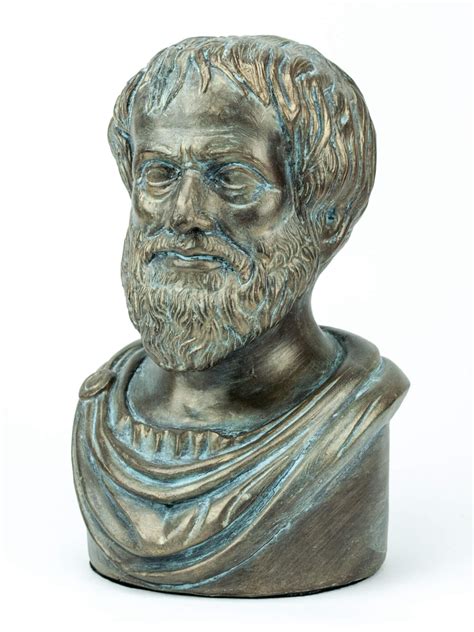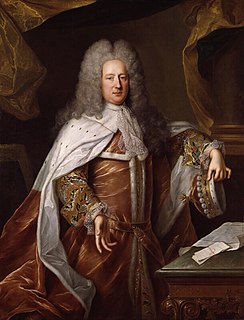A Quote by Demonax
Probably all laws are useless; for good men do not want laws at all, and bad men are made no better by them.
Related Quotes
I know some say, let us have good laws, and no matter for the men that execute them: but let them consider, that though good laws do well, good men do better: for good laws may want good men, and be abolished or evaded [invaded in Franklin's print] by ill men; but good men will never want good laws, nor suffer ill ones.
A single assembly will never be a steady guardian of the laws, if Machiavel is right, when he says, Men are never good but through necessity: on the contrary, when good and evil are left to their choice, they will not fail to throw every thing into disorder and confusion. Hunger and poverty may make men industrious, but laws only can make them good; for, if men were so of themselves, there would be no occasion for laws; but, as the case is far otherwise, they are absolutely necessary.
Does man's freedom consist in revolting against all laws? We say no, in so far as laws are natural, economic, and social laws, not authoritatively imposed but inherent in things, in relations, in situations, the natural development of which is expressed by those laws. We say YES if they are political and juridical laws, imposed upon men by men.
...if the citizens neglect their Duty and place unprincipled men in office, the government will soon be corrupted; laws will be made, not for the public good so much as for selfish or local purposes; corrupt or incompetent men will be appointed to execute the Laws; the public revenues will be squandered on unworthy men; and the rights of the citizen will be violated or disregarded.
Governments, like clocks, go from the motion men give them, and as governments are made and moved by men, so by them they are ruined too. Wherefore governments rather depend upon men, than men upon governments. Let men be good, and the government cannot be bad; if it be ill, they will cure it. But if men be bad, let the government be never so good, they will endeavour to warp and spoil it to their turn.
The laws keep up their credit, not by being just, but because they are laws; 'tis the mystic foundation of their authority; they have no other, and it well answers their purpose. They are often made by fools; still oftener by men who, out of hatred to equality, fail in equity; but always by men, vain and irresolute authors.
The ideal to which John Adams subscribed-that we would be a nation of laws, not of men-was quickly subverted when the churches forced upon everyone, through supposedly neutral and just laws, their innumerable taboos on sex, alcohol, gambling. We are now indeed a nation of laws, mostly bad and certainly antihuman.
The laws of thought are natural laws with which we have no power to interfere, and which are of course not to be in any way confused with the artificial laws of a country, which are invented by men and can be altered by them. Every science is occupied in detecting and describing the natural laws which are inflexibly observed by the objects treated in the Science.
The laws of Nature, that is to say the laws of God, plainly made every human being a law unto himself, we must steadfastly refuse to obey those laws, and we must as steadfastly stand by the conventions which ignore them, since the statutes furnish us peace, fairly good government, and stability, and therefore are better for us than the laws of God, which would soon plunge us into confusion and disorder and anarchy if we should adopt them.








































